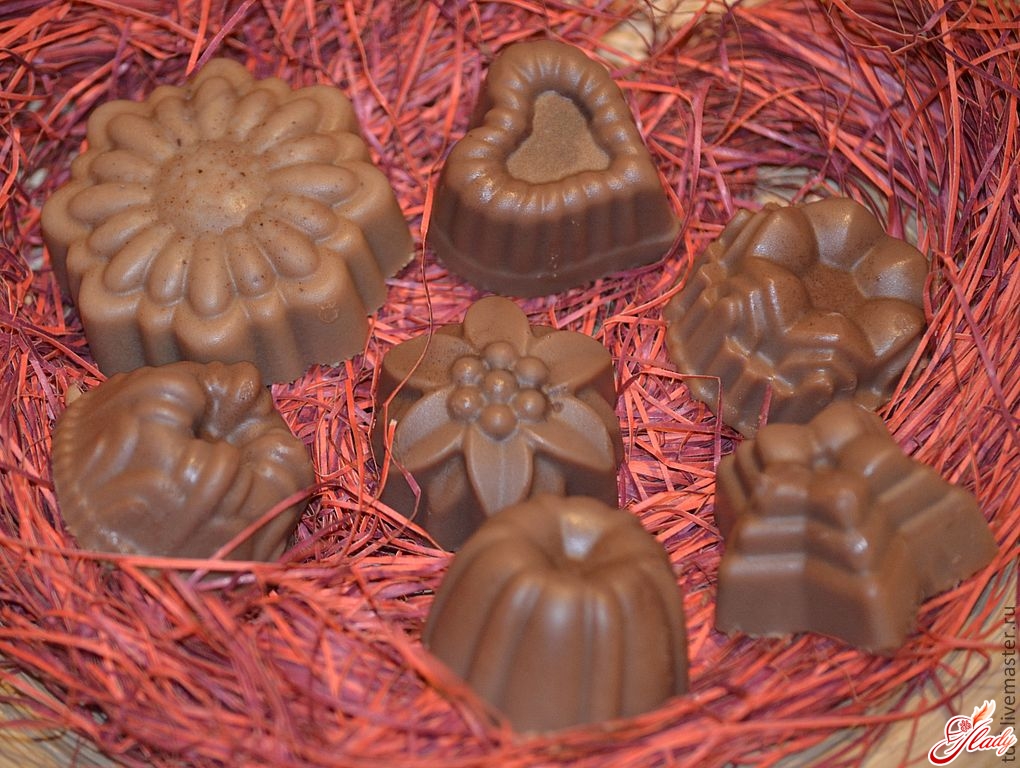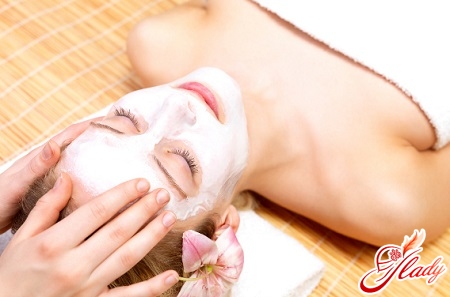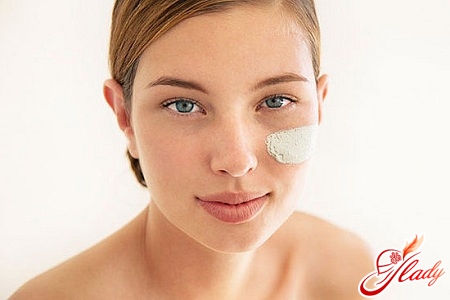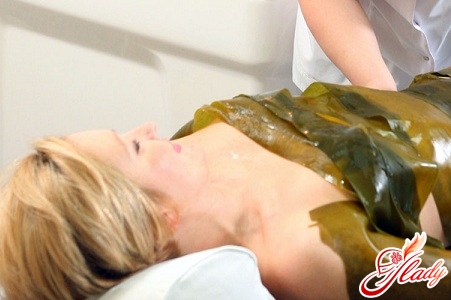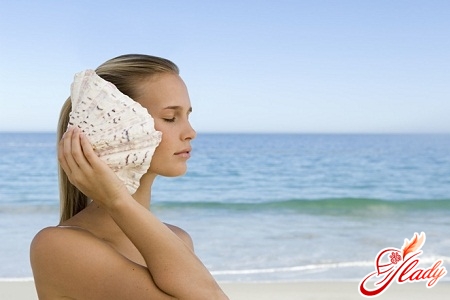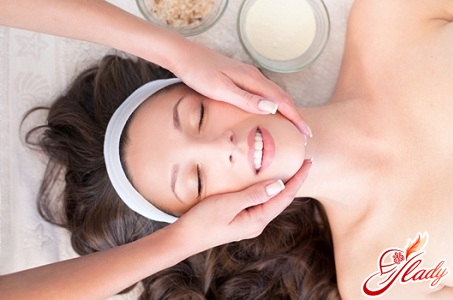 At first glance, facial massage seems simplea pleasant addition to skin care procedures. Much importance is always given to cosmetics, not massage. And completely in vain! Among all types of skin care and various procedures, facial massage occupies an important place, it is very necessary for our skin. Facial massage performs many useful functions:
At first glance, facial massage seems simplea pleasant addition to skin care procedures. Much importance is always given to cosmetics, not massage. And completely in vain! Among all types of skin care and various procedures, facial massage occupies an important place, it is very necessary for our skin. Facial massage performs many useful functions:
- improves blood circulation (prevents blood congestion);
- activates lymphatic drainage (removes excess water and removes puffiness);
- normalizes and slightly speeds up the metabolism;
- opens the pores and helps the skin to breathe;
- strengthens muscle tissue and skin;
- leads the skin into a tone, makes it more elastic.
Depending on the skin type, the cosmetologist selectsa special massage product. This can be an antiseptic powder for oily skin or a special massage oil for dry skin. Massage can also have several different types. Here are the most common ones.
- Classic face massage
This is the most common traditional type of massage, which we will look at in more detail below.
- Lymphatic drainage
Can be done manually or with the help ofspecial apparatus. Regulates the outflow of lymph (liquid) and improves blood flow through the vessels, stimulates metabolic processes and improves skin tone. The effect of such massage is rejuvenating.
- Plucked (Jacquet massage)
Quite a complex technique performed rhythmicallypinching with the thumb and index finger. Affects the deep layers of the skin, makes metabolism more active and ensures the healing of microtraumas. Recommended for use after hygienic facial cleansing.
- Plastic
Recommended for aging skin and fatty depositsdeposits on the face. It is performed with strong and energetic pressing movements. It evens out the contour of the face, rejuvenates the skin, accelerates the movement of blood through the vessels, slightly expanding them.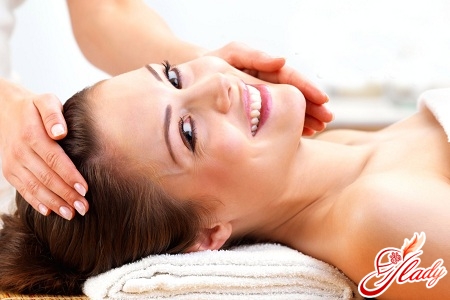
Classic facial massage - features
As already mentioned above, classical massage– the most common traditional massage technique, the so-called classic of the genre. Depending on the intensity, massage can have a relaxing effect or, on the contrary, a tonic effect. This massage is aimed, first of all, at skin rejuvenation. Classic massage performs the following functions:
- improves blood circulation;
- prevents wrinkles;
- improves skin tone;
- provides the flow of oxygen to the muscles of the face;
- relieves muscle tension;
- removes puffiness.
The therapeutic effect of the classical proceduremassage will be based on the following actions. Firstly, it is an exfoliating effect, as well as improved blood circulation in the vessels of the facial skin. The outflow of fluid will remove swelling. Metabolism and regeneration of skin cells are accelerated. Indications for the classical massage procedure will be:
- loss of skin tone;
- withering of the skin;
- dehydration of the skin;
- age wrinkles;
- excessive tension of facial muscles;
- uneven color of the face, etc.
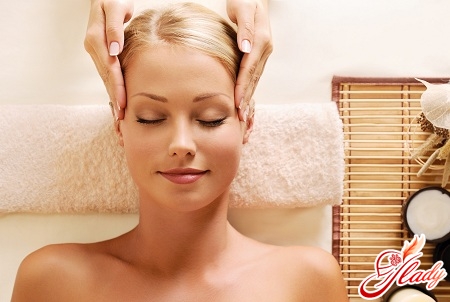
Technique of performing classical massage
Classic facial massage involvesperforming several different techniques. These are stroking and rubbing, kneading and vibration. During the massage, the blood is accelerated through the vessels, and the muscles are warmed up and made more flexible. The skin and muscle fibers become softer and more pliable. The fibrous tissue becomes thinner, and the elasticity of the fibers increases. The ability of the muscles to stretch increases, making it possible to model the oval of the face. Stroking and rubbing the skin of the face is provided by movements along the main massage lines:
- from the center of the chin on both sides along the jawbone to the ear (its lower part);
- from the corners of the mouth and the wings of the nose to the ear (its lower part);
- from the sides of the nose to the temporal zone;
- in the upper eyelid - from the inner to the outer corner of the eye;
- in the lower eyelid - from the outer to the inner corner of the eye;
- from the nose bridge between the eyebrows along the nose to the wings, from the protruding part of the nose to the cheeks;
- from the center of the forehead along the line of eyebrows to the temporal zones.
Before the massage, you should thoroughly cleanse your face.any remaining makeup, the masseur's hands should also be clean. Place your thumbs on the bridge of your nose between your eyebrows. Apply light pressure and move evenly along your cheeks to your jaw. This technique will help drain the blood from your facial veins and prepare your skin for the massage. Apply talc or powder, massage cream or oil and spread it evenly over your entire face. Your touches should be gliding and light, without rubbing or pulling the skin.
- Forehead massage
- Massage of cheeks
Place your thumbs on the chin or jawbone, and use the pads of your working fingers to stroke towards the ears across the cheekbone.
- Chin massage
Perform stroking movements from the center of the chin toears (6-8 times). Tilt your head back a little, stretching your face and chin forward. Run the pads of your working fingers down your neck. This technique is very effective for smoothing out the first wrinkles that appear.
- Nasal Massage
Using the working fingers of both hands (one after the other), stroke the bridge of the nose from its tip up to the bridge between the eyebrows. Repeat the movements 6-8 times.
- Massage of lids
Place the finger of one hand on the outer cornerclosed eye. Make circular movements with the middle finger of the other hand: on the upper eyelid from the inner to the outer corner of the eye, and on the lower eyelid - vice versa. Repeat the movements 10 times for each eye. After completing the massage procedure, remove all traces of the massage product with a damp swab. The blood in the skin of the face now circulates especially well, so it will be very useful to apply a nourishing or deeply moisturizing mask. On warmed and prepared skin, it will give the maximum effect. Classic massage is especially good and effective at an age when the skin begins to fade. That is, at the first signs of aging: lethargy and flabbiness, dryness and peeling, signs of wrinkles. If you do it regularly in your youth, you can delay these annoying manifestations for a long time.
Contraindications to the procedure of classical massage
It would seem that massage can be done at any age and with any skin condition. However, there are a number of cases when any massage, even traditional classical, is strictly contraindicated.
- Breach of skin integrity
When there are injuries, cracks, scratches, rashes, etc. on the skin.
- Acne and ulcers
When there are rashes, internal and external acne, and pustules on the skin.
- Diseases
When rashes are observed, for example, allergic, from dermatitis, herpes, etc. And also with any acute viral infection of the whole body.
- Low pressure
When a patient experiences a sharp and sudden decrease in intracranial pressure.
- Couperose
When the patient has active manifestations of rosacea - spider veins and networks of dilated vessels on the face. We recommend reading:




